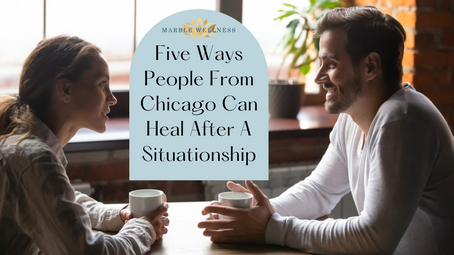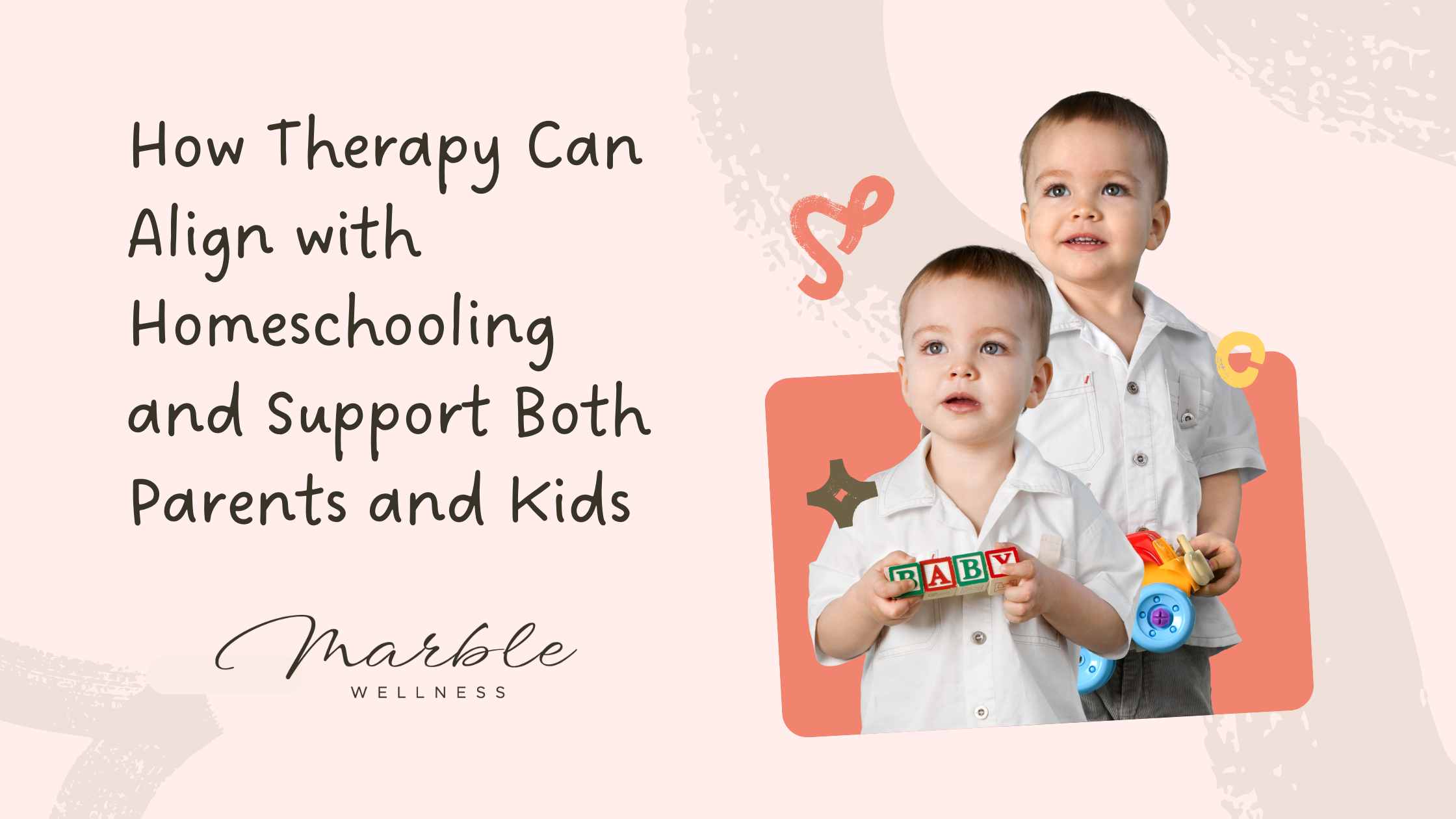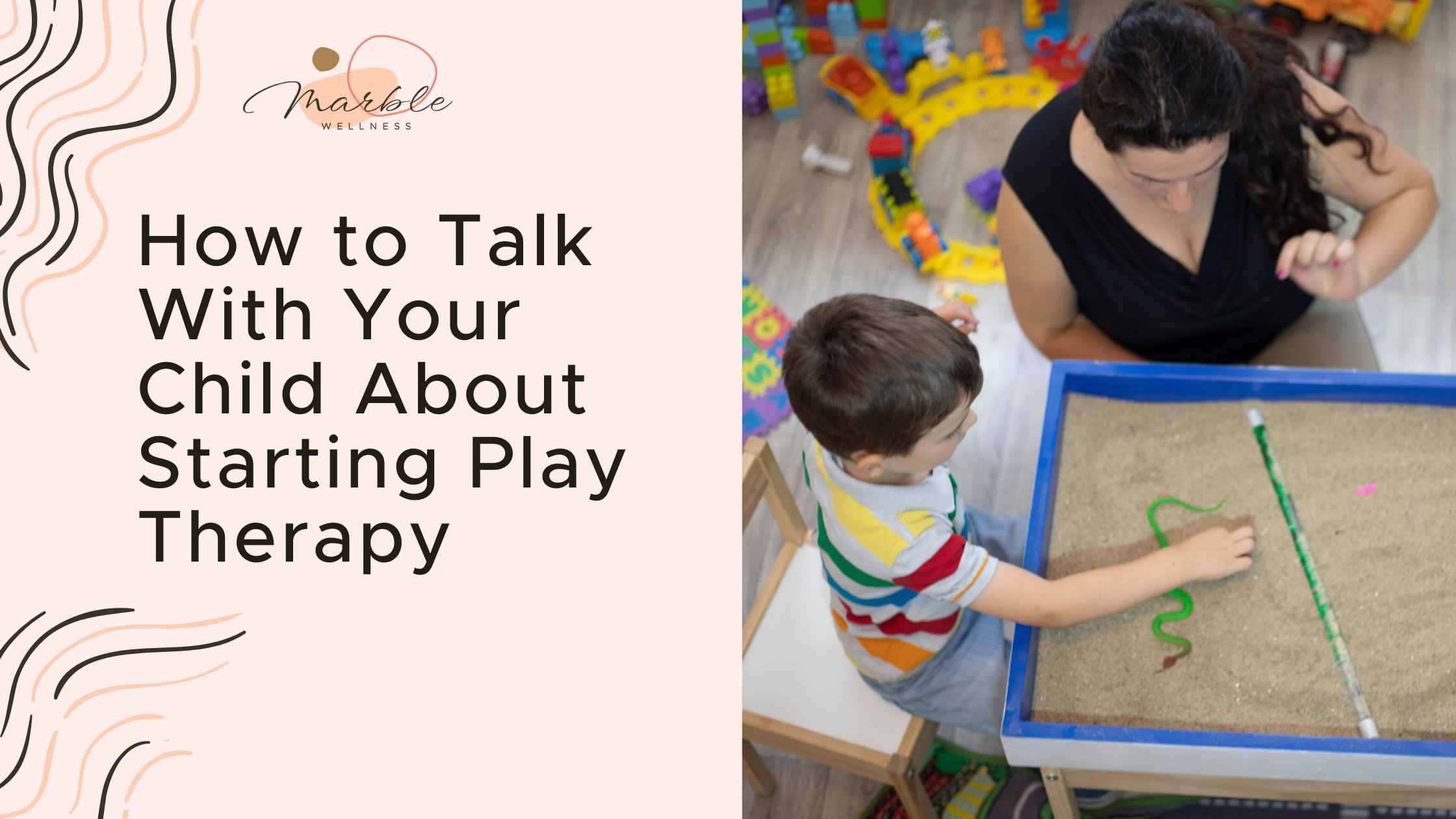
What Is The Difference Between A Situationship And A Relationship?
In its simplest terms, a situationship is a relationship without the label, or the commitment. In a situationship, most people are in the moment; they aren’t planning for the future. They don’t want to meet friends and family because getting involved in each other’s communities isn’t the goal.
In a relationship your partner is part of your life, but in a situationship the two of you cross paths, sometimes regularly, but much of the time your meetings are about convenience. This type of connection generally lands somewhere between a relationship and friends with benefits.

This ambiguity doesn’t mean feelings don’t get involved.
It’s absolutely possible for both of you to have feelings for each other, but something else gets in the way of you wanting to define your relationship. This gray area is what makes breaking up from a situationship so difficult. You’re stuck between the feelings and the physical, unsure of what you’ve lost, and confused about why it hurts so much. There are fewer books on breaking up after a situationship, so we hope these five tips will help you rebuild your self-confidence and heal after your situationship ends.
1. Acknowledge your feelings and give yourself permission to feel them
A situationship is not the same as a relationship but can be just as painful if you’ve caught feelings.
So give yourself time to heal.
People might think that because a situationship never progressed to an actual relationship, you won’t be hurt when it ends. They may ask you why you’re so upset since you two weren’t a couple, and you might be wondering the same thing.
But if you cared for that person, it doesn’t matter how long it lasted or where it did or didn’t go. The long and short of it is that you felt something for this person, and now they’re gone. That’s painful, and you have just as much right as the next person to grieve that loss.
2. Be Honest With Yourself
You can still grieve the end of your connection with a person that was important to you but keep some things in perspective. You might feel inclined to fantasize about where the situationship could have gone—would it grow into a relationship? Or a marriage? The truth is “no”.
If the two of you were together and seeing each other without commitment for a long while, it’s unlikely the other person was going to suddenly move into commitment. We know this is hard to hear, trust us. But it’s an important place to be honest with yourself, especially for your heartache/heartbreak recovery. It might feel comforting to think about what could have been, but you are building something up in your head that was never going to happen and hurting yourself more for no reason.
Try to see the situation for what it was, and deal with the things you actually lost, not the things you imagined you would gain.

3. Learn From The Experience
This doesn’t mean learn from your mistakes. A situationship is just something that sometimes happens; there’s no shame in it and it might not have even been a mistake. But either way it can teach you a lot about yourself and your preferences. That’s what you should learn from.
Think about the qualities you liked in your situationship partner and about the things that drove you crazy. What about them did you connect with? Did they make you feel safe or uneasy, and how?
Also, ask similar questions about yourself. How did you like how you showed up in that relationship? How did you not like how you presented in that dynamic? What do you want to replicate in your next partnerships, and what do you want to improve on?
Asking yourself these questions helps you learn what you’re looking for when you start looking for your next relationships. Breaking up from a situationship hurts, but you’ve also learned a lot about yourself that you can use to make the next actual relationship even better.
4. Make It A Clean Break
It’s tempting to stay friends with some people after you break up. This might seem even more tempting in a situationship—after all you were never actually a couple, so why shouldn’t you go back to just being friends? The problem with this is, if the other person even still wants to be friends, you’re probably going to get hurt. (Again, we know this is hard to hear.)
The nebulous nature of a situationship means it would be really easy to get drawn back into the same space. You two never had an official label, so hanging out might turn into more. Then suddenly you’re right back where you started, with another impending breakup on the horizon.
Healing from a situationship requires you to put up some firm boundaries, in contrast to the loose boundaries of the situationship itself. It’s probably best to cut off contact, at least for a while.
Unfriend each other on social media. If you can change your schedule so you’re not running into each other constantly, do that. The more distance you can put between you two, and the more time you spend redefining yourself, the cleaner the breakup will be and the easier it will be to move on.
5. Remember You Are Valuable
As we said before, a lot of shame surrounds situationships. It’s important that you ignore that shame and treat yourself kindly. Or better yet: don’t ignore the shame: address it. (This is where therapy can be really helpful!) The two of you might not have been able to commit to each other, but that doesn’t make you a bad person.
But after a breakup, it can feel like you couldn’t even make this fake relationship work, or like someone used you for convenience. That’s demoralizing. So as you heal, try to do things that affirm your sense of self and self-worth. Spend time with friends who know and encourage you. Do things for yourself that you enjoy. Go out and enjoy Chicago.
Practice self-care that makes you feel good, whether that’s a bubble bath or taking care of yourself by going to the doctor to get that physical you’ve been putting off. Spend time with a community that encourages you and do whatever you need to to remember that you are enough all on your own.
It’s okay to take time to grieve and recover from the heartbreak of a situationship. If you had feelings, those feelings were real and deserve to be respected.
Remember that grief is grief, and you have to do whatever helps you get through it. A situationship can be an intense learning experience; it can both teach you a lot and do a lot of damage. When it ends, connect with good friends for support, and care for yourself- not necessarily with the end goal of finding another partner, but just because you’re worth it. In time you will move past the pain, and you can start trying to find a relationship that fulfills you.

If you feel like you’re struggling to get over your situationship, or any other kind of partnership, and you live in the Chicago area, you can connect with our team of therapists at Marble Wellness. Our therapists are experienced in working with many kinds of relationships and connections, including breakup therapy for when relationships end. Reach out to us via our webpage, and we will pair you with a therapist who will support you in finding the peace and happiness you deserve.
Start Therapy for Mental Health in Chicago, IL.
If you live in Chicago and are ready to improve your mental health, we are here to help.
Contact Us!

Additional Counseling Services at Marble Wellness in St. Louis, MO and Chicago, IL
Counseling services designed to help set you on a path of living a more fulfilled, calm, and happy life.
St. Louis
Our St. Louis team of therapists have a variety of training backgrounds and areas of expertise. We specialize in anxiety, depression, grief, chronic illness, therapy for men, couples, and maternal overwhelm. We can also help new moms with various postpartum concerns, moms in the thick of parenting, and moms with teens. We can also chat from wherever you are in the state with online therapy in Missouri and online therapy in Illinois. No matter where you are in your journey, we would love to support you.
Chicago
Our Chicago team of therapists offer a wide range of mental health services to help our clients through the different challenges and hurdles in their life. In addition to anxiety, depression, grief, therapy for men, and maternal overwhelm, we are specialized in professional burnout, therapy for breakups, and love partnering with working moms.



